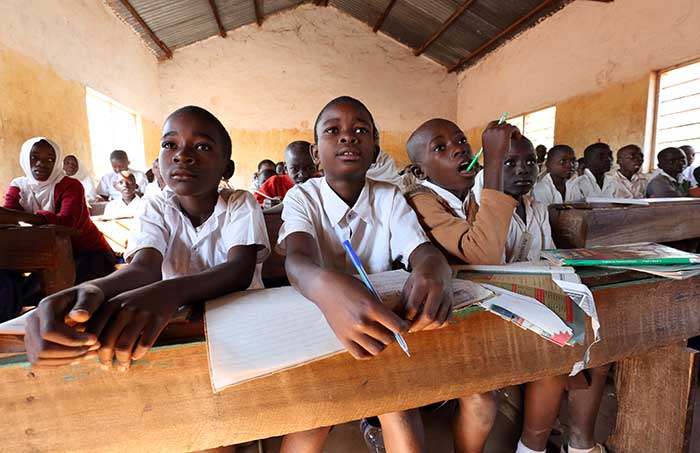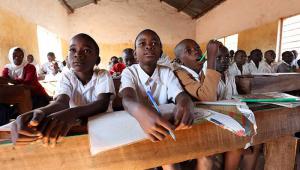web_schoolafrica_shutterstock_315777626.jpg

Children in school
Speaking to the UK’s International Development Select Committee, Shannon May said an ongoing legal battle over the future of Bridge’s Uganda business was down to a period of “misinformation” and “confusion”, that had since been “cleared up”.
In November, Uganda’s high court ordered that the education ministry could go ahead with plans to close Bridge’s 63 schools in the country due to concerns over standards and compliance with licensing regulations.
Bridge is in the process of appealing that decision. Schools could have been closed as early as January this year. To date they are still open, however parents remain in limbo over their children’s future as the disagreement rolls on.
May said she did not believe the schools would be closed. She said the company is working “very closely” with district and national education authorities and has a “continuing positive working relationship” with both.
The government has argued that Bridge schools fell short on hygiene and sanitation and cut corners on teacher qualifications.
Bridge’s business and teaching model, where teachers rely heavily on scripted lesson plans delivered on tablets, have also proven controversial. Critics condemn its for-profit nature, believe fees are too high, and say scripted lessons stifle imagination and critical thinking.
The company has come under fire from teaching associations, UN officials and NGOs from around the world, but has also won some high profile backers, including Facebook’s Mark Zuckerberg, Bill Gates and the World Bank.
The UK’s Department for International Development is Bridge’s only state funder. Others, most recently France, have publicly committed to resisting what is perceived in such initiatives as the “commercialisation of education”.
Dfid however has invested heavily in Bridge both directly and indirectly through a venture capital firm funded by its private sector arm, the CDC.
MPs on the country’s parliamentary aid watchdog were quizzing May in light of this. After visiting Bridge schools across Africa, they noted substantial variations in quality and said teaching in Uganda was particularly poor.
They also highlighted concerns around the school’s for-profit model, its ability to provide the returns promised to investors and evidence suggesting Bridge schools were unwilling to undergo independent inspections.
May stressed that the school’s commercial structure was the only way to draw venture capital into education, where more investment is sorely needed.
“Quality should be measured by evidence, not by headlines, which would be misleading,” she continued. “Education is a place that needs to be driven by science, not by rumour or ideology.”
She pointed to a 74% pass rate in national exams in Kenya, compared to 44% in other schools. She also highlighted positive testimonies from parents, teachers and children, as well as “hundreds” of independent inspection reports.
But Bridge is also facing legal challenges in Kenya. Its critics cite different evidence, such as the lack of qualified teachers (a recent report from an East African NGO found that 90% of Bridge teachers in one Kenyan district were unqualified, while 90% in public schools were) or studies suggesting poorer children are locked out by fees.
The dispute has opened up a much wider debate over fee-charging private schools, which are increasingly popular in low-income developing countries.
While some see it as the only way to offer education to children who would otherwise be out of school altogether, others argue its existence allows the state to abdicate its responsibilities and that money should be channelled into public education systems instead.












